I always sleep on the left side of the bed. With every lover back to the beginning. It’s not a conscious plan I made, a stated rule I issue from the first, like, never leave wet towels in a forgotten heap on the bedroom floor or don’t put my bras in the dryer. My body just knows never to turn my left shoulder away from the possibility of danger.
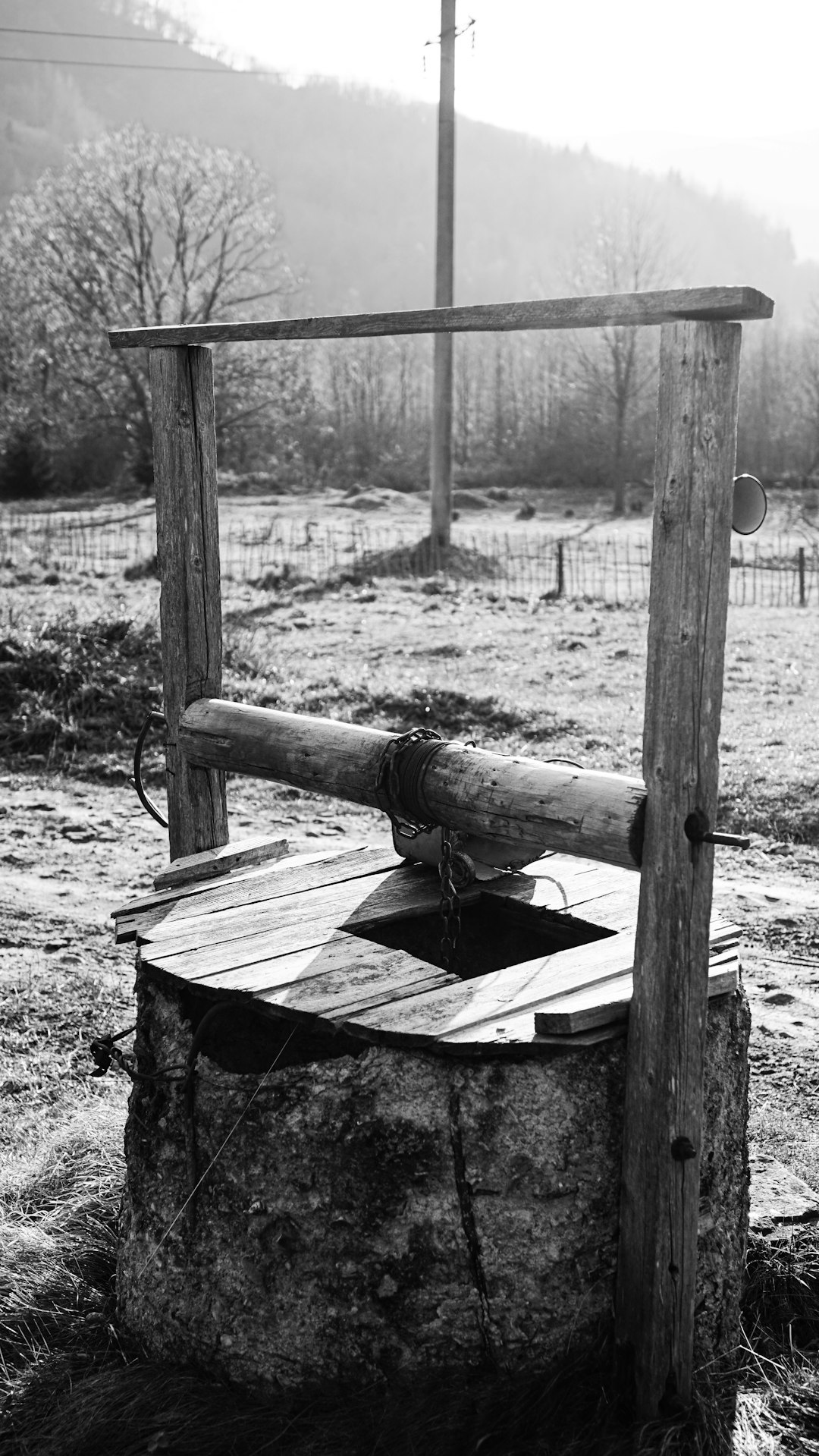
On a Christmas visit to my grandparents' house in Redlands, California just shy of my thirteenth birthday was the last time I turned my left shoulder. My brother and I were sharing the guest room at the end of the hall down from the living room, kitty-corner to the bathroom where my grandmother hoarded personal care supplies like the apocalypse was coming and there’d be nowhere to get sea breeze-scented hand soap or Q-tips, and across from the door to their bedroom. Our parents were sleeping on the fold-out in the den next to the plastic Christmas tree, or maybe they were in my grandparents’ room and my grandparents were on the fold-out, but I doubt it.
The twin beds in the guest room looked like every 50s tv show I watched growing up, just in 70s technicolor, despite the fact that this was 1984. The bedspreads were quilted polyester in shades of olive green and mustard. They had seams down the corners to hold them in place just so, the pillows at the head of each plump yet unyielding, just like my grandmother.
I slept on the bed furthest from the door, curled on my right side like a question mark, dreaming of presents and stockings and Disneyland. Until I wasn’t sleeping anymore because my brother was spooned up behind me, his left arm snaked around me like a strangling vine, pelvis pushing rhythmically, hand rubbing my belly in small circles, fingers grazing under the top edge of my underwear.
Turning a corner to find a rabid dog in your path, what do you do? Get perfectly still. Speak in low, calming tones. Back away slowly. But what if they’re at your back?
“What the hell are you doing?” I asked him.
“Don’t you want to?” he wheedled in my ear.
“No”, I insisted. “Get out.”
“Aw, Asha. Don’t be like that. Don’t worry. You’ll like it.” he responded, pulling me tighter.
“If you don’t get out of my bed right now I will scream bloody murder. I swear to God.”
I didn’t soften. I didn’t relent. I held my breath, pulled my knees tighter to my chest. He slipped away, fell to sleep nearly instantly, and I lay there, vigilant, for the remainder of that night and all the rest until we flew home, only falling asleep when I couldn’t stay awake any longer.
It was not the first time my brother touched me in that seeking, oily way, but it turned out to be the last.
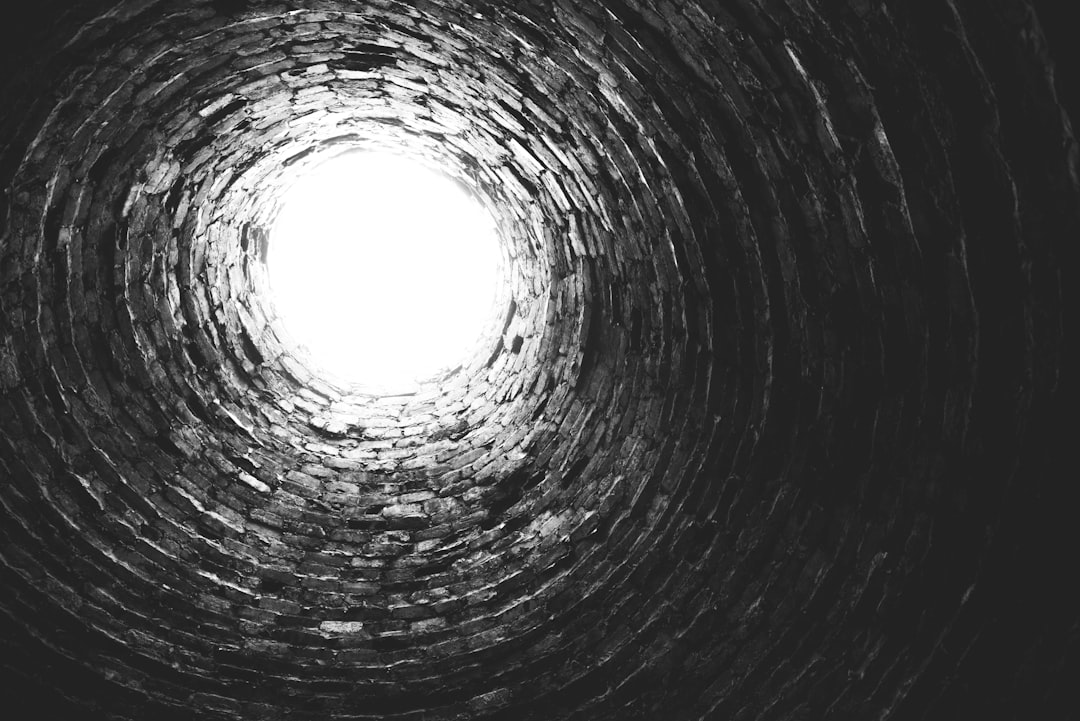
Driving home from the grocery store, turning the corner at the light, I find myself flashing to that line by African-American, NOLA visual artist Brandan “BMike” Odums, “I am my ancestors’ wildest dreams.” He wasn’t, of course, talking about me, nor do I think the concept applies in my case. I come from long lines of preachers and church ladies. Divorced, tattooed, sexual, exuberant and uncompromising, prone to drink, and fond of the word fuck, I am likely the opposite of their dreams. Still, in that moment, frozen and vulnerable, I suspect at least one of my ancestors was with me.
Why? Because my people weren’t just preachers and church ladies. They were also storytellers. Some were even writers. In the opening chapter of my grandmother’s first book, published in 1977, she told the story of my Great-grandmother Alberta. Impoverished, and desperate, she held off the husband of the family providing her room and board in exchange for housework with a letter opener, then ran to the pastor’s wife in the morning and received sanctuary.
I am not Alberta’s wildest dream, but some of her fire and defiance burned through my veins that night. Thirty-eight years later it still fuels me, as does her daughter Grayce’s drive to write. The well runs deep and, whether they would have claimed me or not, they can’t take away my bucket.
When we talk about integrity we talk about our deepest held beliefs as our anchor and reference, but we’ve never talked about the source from which we draw our strength and commitment to our practice. Where do we draw from to stand firm when all eyes are on us? Where do we draw from to stay true when no one else will ever know? Where do we draw from to sustain ourselves when what we know is denied or dangerous?
We aren’t isolated beings, untethered from the influence of community or lineage, conjured out of nothing. We don’t come to our practice empty-handed. We draw from a well of ancestors and teachers, spiritual traditions, and chosen family. I draw up Bertie’s defiance, Grayce’s ambition, Mary’s ability to spin a tale, Harold’s drive to find a ministry, June’s deep intelligence and faith, Carrie and Lisa’s love and laughter, and the strength of all the Quaker women who are not my blood– imprisoned, trapped in scold’s bridles for daring to publicly speak their truth, and yet unwavering.
Without all of them to draw from, I wouldn’t be here, today, writing. I wouldn’t have the strength, constancy, love, and courage to send to you through the wires. Without them, I wouldn’t be.
Who lives through you, deep down the well? What do you draw from them to fuel your integrity practice?
For those of you who’ve been with us a long time, remember when we used to do interviews? I miss them and finally have the space to make them happen again. A new interview will be out at the end of this month, and I’ve got another planned for this summer. I’ll do another one in the fall.
If you don’t remember interviews, here’s one of my all-time favorites, with the Grande Dame of Ridiculation, Angelina Blasich.
Paying subscribers are eligible to be interviewed— to share their own reflections about practicing integrity as a real, imperfect, complicated human.
If you want to be interviewed and are not yet a paying subscriber, consider it? If you are a paying subscriber, wanna share? Email me or let me know in the comments.






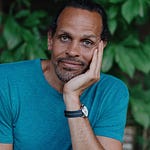
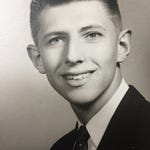
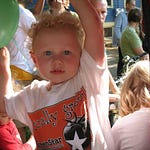
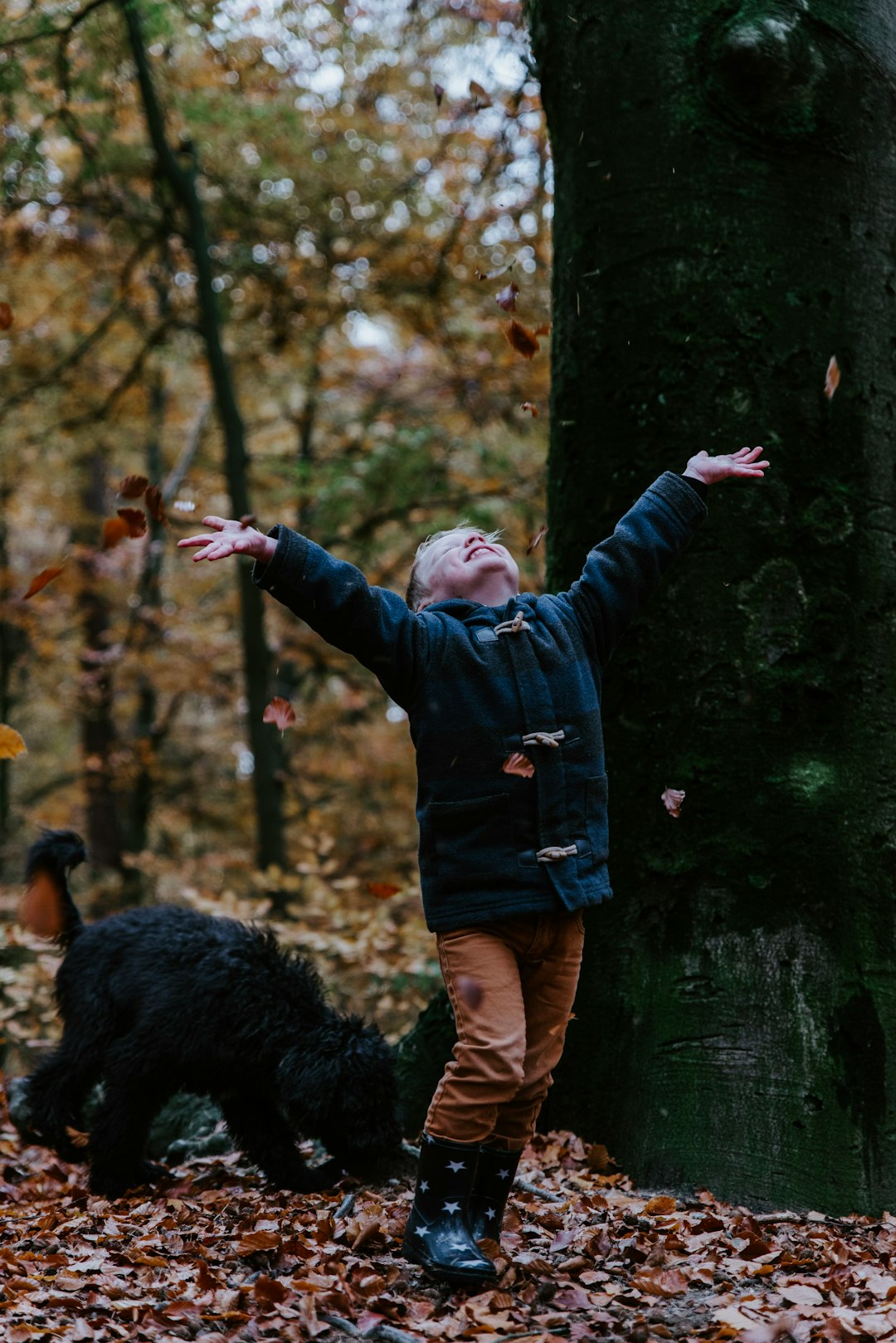

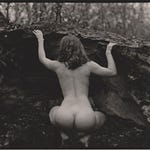

Share this post